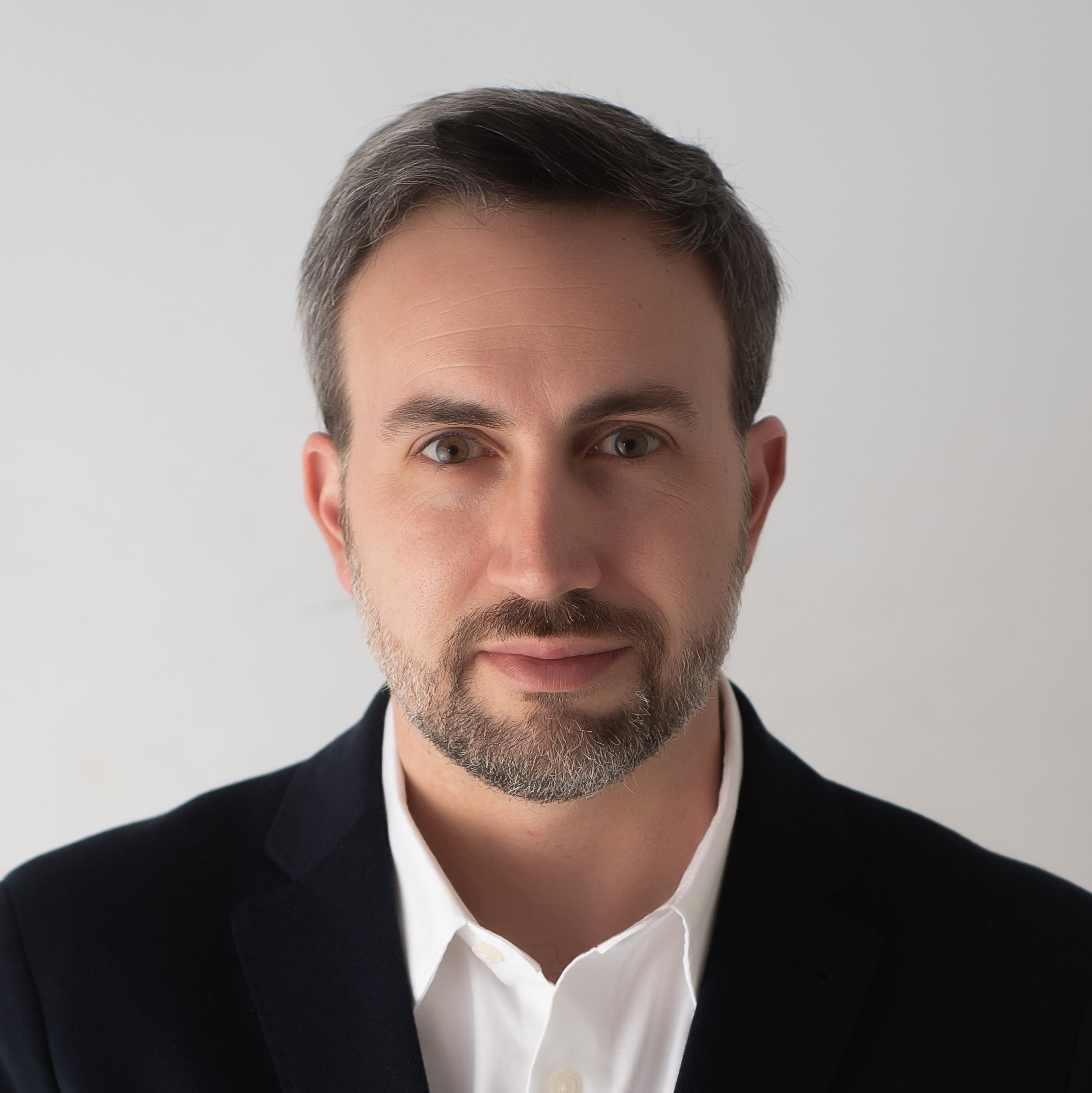
Key Takeaways
The following are a few of the main takeaways from COVID-19 Africa Watch’s conversation with Zemedeneh Negatu, Global Chairman of Fairfax Africa Fund:
-
Foreign investment appetite will ultimately depend on African private sector sentiment.
-
The SDGs are important for the private sector because sustainability means sustained growth, sustained profitability, and increased employment.
-
Priorities for business and development partners include infrastructure and investments in young Africans.
-
Ethiopia successfully raised hundreds of millions in external financing to respond to COVID-19, while also injecting about $500 in liquidity into the local banking sector.
-
Even with limited fiscal space, Ethiopia was able to respond to the pandemic with tax relief for households and businesses.
The interview was conducted by Kopano Bolokwe, an IFC-Milken Institute Capital Market Scholar and head of product development at the Botswana Stock Exchange. A transcript is available below.
Transcript
Interviewer
Good morning. My name is Kopano Bolokwe. I work for the Botswana Stock Exchange as head of product development, and I’m also an alumnus of the IFC-Milken Institute Capital Markets Program. Today I’m pleased to be joined by Mr. Zemedeneh Negatu who is going to give us some insights about the COVID-19 crisis and response in Africa, and how it will shape the investment landscape on the continent. Mr. Negatu, you are the Global Chairman of Fairfax Africa Fund based in Washington, DC. We thank you for being with us today.
Zemedeneh Negatu
Thank you for having me.
Interviewer
To kickstart the discussions, would you kindly provide us an overview of the Fairfax Africa Fund?
Zemedeneh Negatu
Very briefly, we are an American private equity fund, which sometimes does venture capital. We consider ourselves sort of a strategic investor, long-term impact investors. Even though we’re based in Washington (actually just in the suburbs of Washington in McLean, Virginia), we do business only in Africa.
Interviewer
The COVID-19 pandemic is predicted to have devastating effects from both a social and economic standpoint, and Sub-Saharan Africa is expected to take a significant dip. What do you think would be the impact on foreign investor appetite in Africa in general because of this pandemic?
Zemedeneh Negatu
To think of foreign investors as well as domestic private sector investments in Africa, we have to think post-COVID-19. It seems like a long time ago, but as you probably know very well in January the forecast for Africa was 3.2-3.3% GDP growth for the continent as a whole, because a lot of reforms were taking place in Africa.
“What is the foreign investor sentiment? We shouldn’t forget the African private sector sentiment as well, because that drives a lot of the sentiment of foreigners… If the locals don’t invest in their own countries, foreigners don’t invest either.”
So the question you asked me is, what is the foreign investor sentiment? We shouldn’t forget the African private sector sentiment as well, because that drives a lot of the sentiment of foreigners. I will tell you, if the locals don’t invest in their own countries, foreigners don’t invest either.
So there’s going to be a significant decline in foreign direct investment (FDI). There’s going to be a significant decline in overall economic activity in Africa, but it’s not unexpected. I think that’s the key word going forward because the fundamentals in many African countries – not everywhere, but in a lot of African countries – the reforms and the leadership that is in place now is encouraging investment. We expect the US$75 billion in FDI to continue to grow selectively by country, but overall I think Africa will regain its mojo.
Interviewer
Now bringing it closer to the mandate of your fund, which is impact investing from a Sustainable Development Goals perspective. If you look at the lessons that we could have picked from the pandemic, what do you think is the importance of achieving the Addis Ababa Action Agenda, which provides the framework for financing the Sustainable Development Goals?
Zemedeneh Negatu
Achieving the SDGs should not just be seen as something that was developed by the UN or others. It is actually helping businesses sustain profitability, sustain growth, and increase employment. And that’s how I always align what we do.
I know a number of other companies are starting to do that too. There are angel investors in Africa, but also the development partners here in the United States. For example, the DFC [U.S. International Development Finance Corporation], the newly reconstituted OPIC, is now also looking to put billions in Africa. The Chinese have also been doing that.
“Overall, the global community should focus on investments in infrastructure and most importantly investment in young Africans.”
Overall, the global community should focus on investments in infrastructure and most importantly investment in young Africans. As you know, the median age in Africa is under 20. That’s a huge part of the potential that Africa can harness. And the way to do that is by aligning your strategies to a certain extent, by and large, to the 17 SDGs that were set out in the Addis Ababa consensus.
Interviewer
Now, zooming into Ethiopia, where you are from… What has been the response of the leadership to the crisis? Could you highlight two main interventions as being iconic of the country’s leadership today?
Zemedeneh Negatu
One of the things we need to keep in mind when we talk about Ethiopia is how big a country it is. There are 112 million people. Only Nigeria has a bigger population. So everything you do in Ethiopia is a question of scale.
They’ve taken very smart steps, in my view. For example, they’ve managed to secure US$400 million from the IMF to combat the impact of COVID-19; as well as US$82 million from the World Bank, and over US$200 million from the European union.
That’s one thing that they’ve done, in terms of external resources. But on the country side they also injected something like US$500 million of liquidity so that the banking sector can extend new loans or extend maturing loans, especially in sectors that have been hit hard.
Ethiopia is the second largest exporter of coffee in Africa. As you know, last month, and in March and April, all of Europe was shut down. Almost all the exports go to Europe so when the market was shut down, the flower shipping industry (as it was in Kenya) was impacted very significantly. So what the government has done is to give a priority based financing and to roll over debts and provide tax incentives to targeted sectors. The hotel and tourism sector witnessed the same thing.
Now I want to give you an example of how in Africa we can actually not only overcome COVID-19, but actually how we can lead – with the example of Ethiopian Airlines. What did they do? They became very innovative. They reconfigured the passenger air-crafts, the brand-new 787 and 777, and reconfigured a lot of their fleet, which is the biggest in Africa to carry cargo. They noticed there was a big demand everywhere else when the world was shutting down. This is African innovation. This is the kind of stuff we could implement across a lot of sectors in Africa.
And specifically since you asked me about Ethiopia, one of the other things that Ethiopia has done is to give tax relief to the tune of about 78 billion Ethiopian birr. We had got to two and a half billion dollars in tax arrears, and they wrote it off. They gave people, companies and individuals, more time to pay their debt. So even though the fiscal space, like everywhere else in Africa, is limited, they have been able to creatively come up with these kinds of support.
And the other thing of course that they’ve done is in terms of leadership, especially Prime Minister Abiy has demonstrated very inspiring leadership on behalf of Africa. He went to the IMF, the World Bank and the G20 on behalf of Africa. It was in collaboration with others, but he took the lead in requesting debt write offs and debt deferments. So I’m cautiously optimistic about what is going on in Ethiopia today.
Interviewer
These have been very comprehensive and interesting insights. Our viewers will definitely enjoy them. I would like to thank you again for joining us this morning and having this discussion. I hope that you stay safe and you enjoy your day.
Zemedeneh Negatu
Thank you for having me. I hope you stay safe as well.



